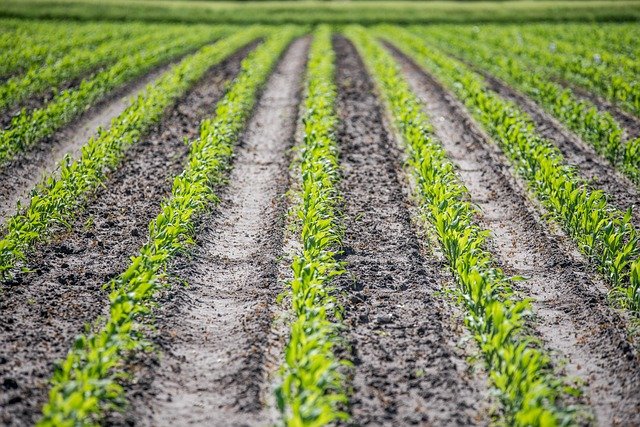Agriculture Degree Options and Career Paths
An agriculture degree provides practical knowledge and scientific foundations for managing plant and animal production, resource stewardship, and agribusiness. Programs range from associate certificates to doctoral research, blending classroom study with fieldwork. Students learn about crops, soil, animal health, and supply chains while developing problem-solving skills useful in rural and urban contexts alike. This article explains common degree pathways, core topics, and how programs connect to farming and broader food systems.

Agriculture degrees and career paths
Agriculture degrees prepare graduates for roles in production, research, extension services, and agribusiness. Typical undergraduate programs combine biology, environmental science, and economics to create a broad skill set. Graduates may work as farm managers, crop advisors, agronomists, or supply-chain analysts. Graduate degrees often focus on research — for example in plant breeding or sustainable systems — and can lead to roles in policy, academia, or private-sector research. Programs increasingly emphasize data literacy, environmental regulation, and community engagement.
How farming fits into a degree
Farming components in agricultural programs focus on hands-on experience and systems thinking. Coursework often includes crop rotation, livestock husbandry, machinery operation, and farm business planning. Internships and on-campus farms give students practical exposure to day-to-day decision making, seasonal planning, and labor management. Programs may also introduce precision agriculture techniques — sensors, GPS mapping, and data analytics — which are used to optimize inputs and improve yields while addressing environmental concerns. These skills are applicable to both small-scale and commercial operations.
Education pathways and specializations
Education pathways range from two-year technical certificates to PhDs. Associate degrees emphasize vocational training and may prepare students for immediate work in production or technician roles. Bachelor’s degrees typically cover broader scientific and managerial topics. Master’s degrees allow specialization in areas like plant pathology, soil science, agroecology, or agribusiness management. Doctoral programs focus on original research and teaching. Many institutions offer part-time, online, or hybrid formats to serve working professionals and those seeking continuing education in their area.
Studying crops: curriculum and skills
A crops-focused track examines plant biology, agronomy, pest management, and post-harvest handling. Students study crop genetics, nutrient management, integrated pest management, and climate-adaptive practices. Laboratory and field coursework develop skills in experimental design, yield assessment, and cultivar selection. Knowledge of market demands and supply chain logistics complements technical expertise, enabling graduates to advise growers or work in seed and input industries. Emphasis on sustainable practices and resilience is increasing in curricula to address changing production risks.
Soil science within agriculture programs
Soil science is a foundational component of many agriculture degrees, teaching soil chemistry, structure, fertility, and conservation. Courses cover nutrient cycling, erosion control, irrigation management, and the role of soil in carbon sequestration. Practical training includes soil sampling, laboratory analysis, and mapping soil variability across fields. Understanding soil health connects directly to crop productivity, water management, and environmental stewardship. Graduates with soil expertise can work in consulting, government agencies, environmental monitoring, or research focused on sustainable land use.
Conclusion
Choosing an agriculture degree involves matching program content with career goals: practical farm management, technical specialization in crops or soil, or research and policy work. Evaluate program format, hands-on opportunities, and connections to local services or industry partners in your area. Consider how courses integrate modern tools like data analytics, precision equipment, and sustainability principles. With diverse pathways available, agriculture degrees offer training that supports food production, resource conservation, and rural and urban food systems through both technical skills and broader systems knowledge.






